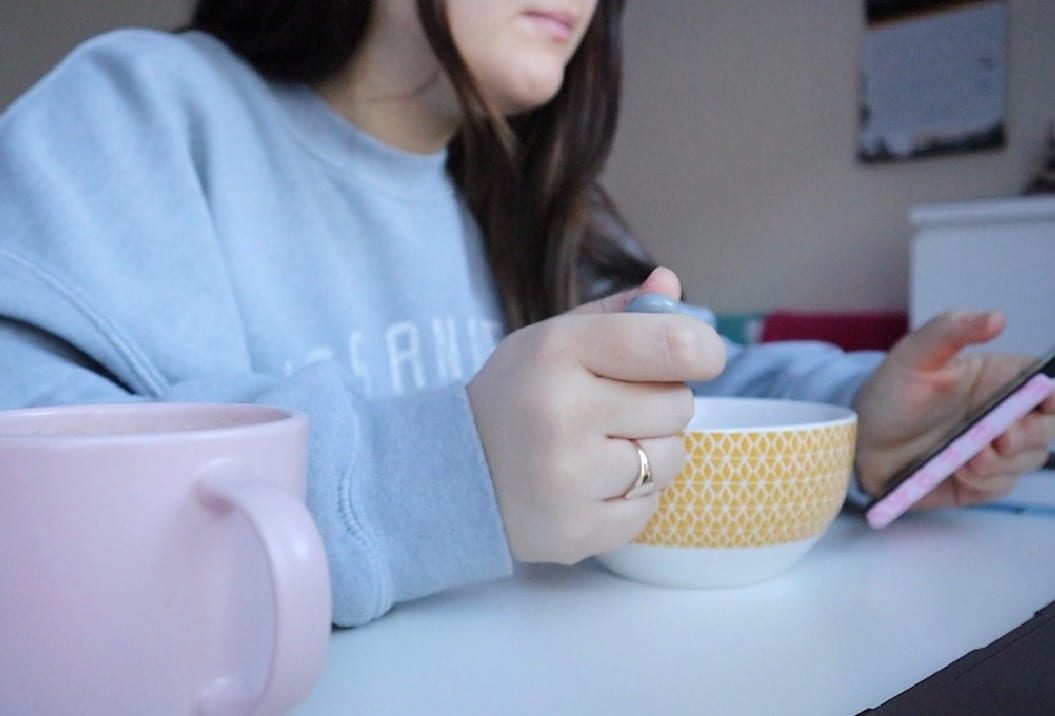Hi, I'm currently in third year studying MChem Chemistry for Drug Discovery and Development. I am passionate about science , LGBTQ+ rights and swimming too.

If you’re unsure about going to university, you’re a mature student considering returning to education, or you don’t have the right qualifications for entry to the course you want to study, a foundation year might be for you!
Who can do a foundation year?
Almost anyone can do a foundation year! People choose to do a foundation year for all sorts of reasons – maybe they took a few years out of education, they are a mature student, or they didn’t get the grades for direct entry. A foundation year is also ideal if you are unsure whether university is the right step for you, as you can get a further understanding of your subject of interest, before progressing to a full degree programme.
What does a foundation year include?
A foundation year gives you the opportunity to fully prepare for degree-level education by equipping you with the skills and knowledge needed to be successful in your chosen area of study.
At the University of Lincoln, there is the arts foundation year and the science foundation year. These allow progression to over 40 different courses, across 9 different schools within the university. As I chose to do a science foundation year, in addition to lectures and seminars, my course included lab work, scientific essay writing, scientific investigations, poster work, and presentations. More information on the content of every possible pathway can be found on the webpage for your course of interest.
https://www.instagram.com/p/B3MZVNHhAOF/?utm_source=ig_web_copy_link
Does doing a foundation year really make a difference?
The statistics speak for themselves. Overall, across the 5 destination Schools within the College of Science (Pharmacy, Life Science, Engineering, Maths and Physics, Chemistry), Science Foundation Year (SFY) Alumni attained higher average Year 1 exam results, than students who entered directly into Year 1.
Statistically, SFY alumni mature students attain 13% higher grades, than the Year 1 average (direct entry mature students attain 6% lower than the Year 1 average). This shows that foundation years are a great opportunity for mature students to get back into the education system and get ahead of their direct entry peers.
If you struggle with your mental health, a foundation year could be a great way to become accustomed to a higher education setting and relieve any worries you may have about university life. In fact, SFY students with mental health conditions typically attain 9% greater, than direct entry students with mental health conditions.
Foundation years are a great way to gain access to higher education if you did not take the required subjects or qualifications for direct entry onto the course you would like to study. SFY alumni with alternative (non-A-level) entry qualifications tend to attain 7% higher, than direct entry students with alternative qualifications.
Why should I consider a foundation year?
I got a lot more out of my foundation year than I originally expected. Overall, the year was a great way of expanding and enhancing my academic and transferable skills. I feel that my experience of using the university systems and being in a higher education setting will give me an advantage over my direct entry peers next year.
I hope this post has given you further insight into studying a foundation year and whether this could be the right option for you. If you have any questions about my experience of doing a foundation year, please let me know in the comments below!
Thank you to Dr. Ellie Davison, the Director of Teaching and Learning within the Foundation Studies Centre, for providing the statistics.
Please note: This content was created prior to Coronavirus, and some things might be different due to current laws and restrictions. Please refer to Government advice and the University of Lincoln for the latest information.
- Topics
- Foundation Year
- Grades
- Science





